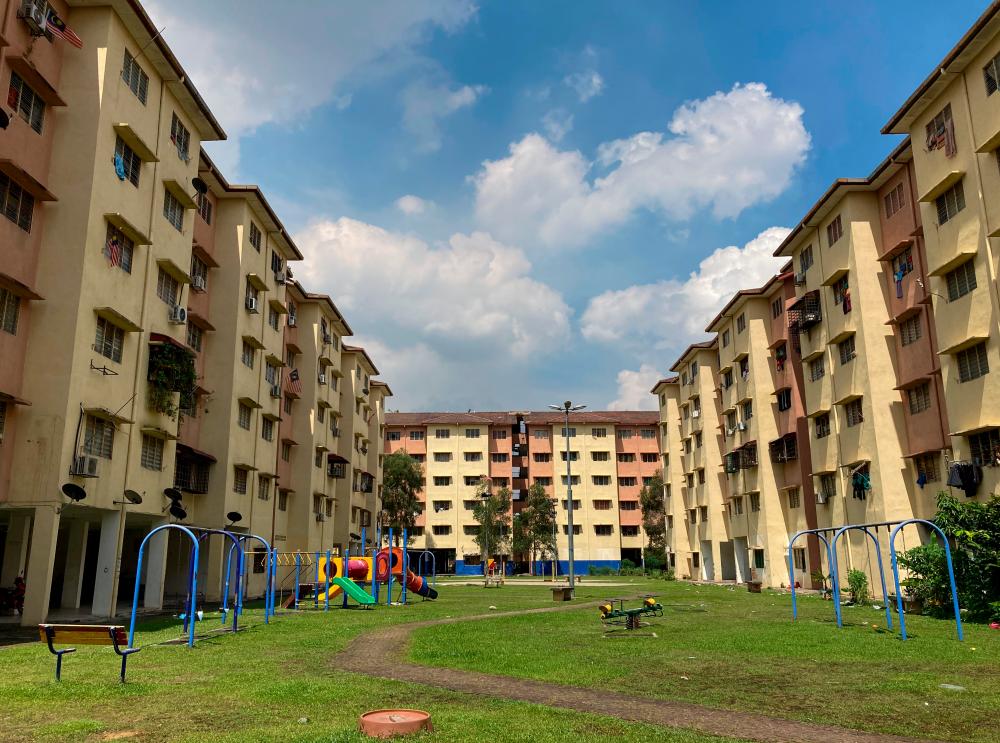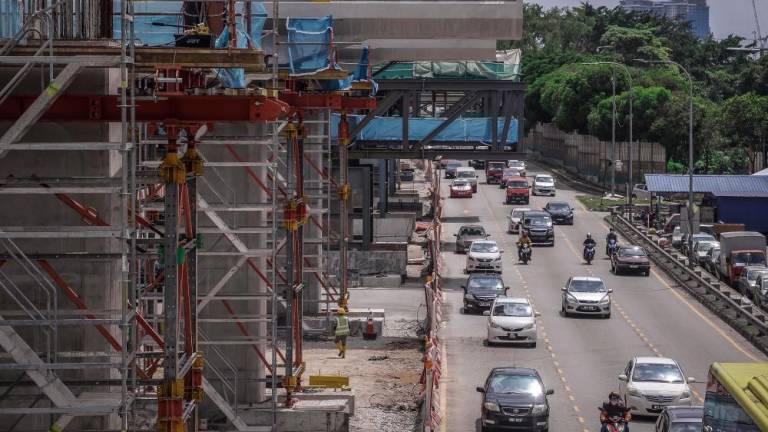PETALING JAYA: It is the dream of every Malaysian to own a house. For most, it is an investment of a lifetime.
However, many remain tenants all their life as the rise in property prices far outstrips salary increases.
A recent survey on household income conducted by the Economic Planning Unit revealed that 76% of Malaysians still earn below RM5,000 a month.
In that salary bracket, they cannot afford a house that costs more than RM300,000, which rules out homes in urban centres where most of them work.
Many end up being lifetime renters.
One such person who is still renting, without any sign that she would be able to own a house in the near future, is 29-year-old Nurul Farhana Bakar.
Nurul, an administrative assistant in Kuala Lumpur, said she cannot afford the 10% deposit for a house.
“My husband and I have been renting this flat in Cheras since we got married in 2017. The rent is RM550 a month but after accounting for the monthly car instalment and other expenses, there is little left,” she told theSun.
With unemployment rate rising and the economic outlook still uncertain due to the Covid-19 pandemic, many like Nurul are likely to remain renters indefinitely. Buying a house is an unattainable goal.
For Nurul and her husband, the more affordable homes that are available are too far away from the city.
“When we rented the flat, we wanted easy access to public transport. Our priority then was to buy a car first, so now we are still focused on servicing the car loan,” she said.
In their search for an affordable home, Nurul and her husband continue to focus on the Klang Valley or suburbs close to it.
“Anywhere else is too far.”
However, they also realise that property prices are much higher closer to the city, making it even more difficult to save up that 10% for the down payment.
“Even if we get a house now, our monthly instalments on the home loan would likely be about RM1,000, which is a lot of money,” she added.
Nurul said relying on her Employees Provident Fund (EPF) savings to buy a house is also difficult.
“We have to pay the 10% first, then withdraw the money from our EPF account later,” she pointed out.
That effectively sets them back to the starting line.
Marketing officer Dalvinder Kaur’s hopes of buying her own home turned to despair with Covid-19.
Dalvinder, 32, said she had hoped to get a 100% loan at a low interest rate to buy a house, but getting approval for the loan itself was “quite a hassle”.
Her plans fell through when her employer began to stagger salary payments.
“Now, I have to put those plans on hold. It’s difficult when your employer pays only half of your salary early in the month and the balance at the end of the month,” she said.
For now, Dalvinder will continue to pay rent for her room in her parents’ home.
Freelance videographer Nurathiqah Fadzil, 30, said she has been renting since 2019, right after she got married.
“My income is not stable, and my baby is my priority now. Raising a child is not cheap.
“Buying a house is not part of the plan now but we’re hoping to save up enough for one.”
Despite misgivings about being lifetime renters, many around the world now prefer to rent rather than buy.
According to Knight Frank, a leading UK-based real estate consultancy, residential units in existing buildings or new ones are being converted for long-term leases under the “Build-to-Rent” system, that has been lauded as the answer to Britain’s “broken” housing system.
In Germany, only 42% of the population own a home. In comparison, Malaysia is way ahead, at 70%. But there are many Malaysians who are still striving to have a home to call their own.














